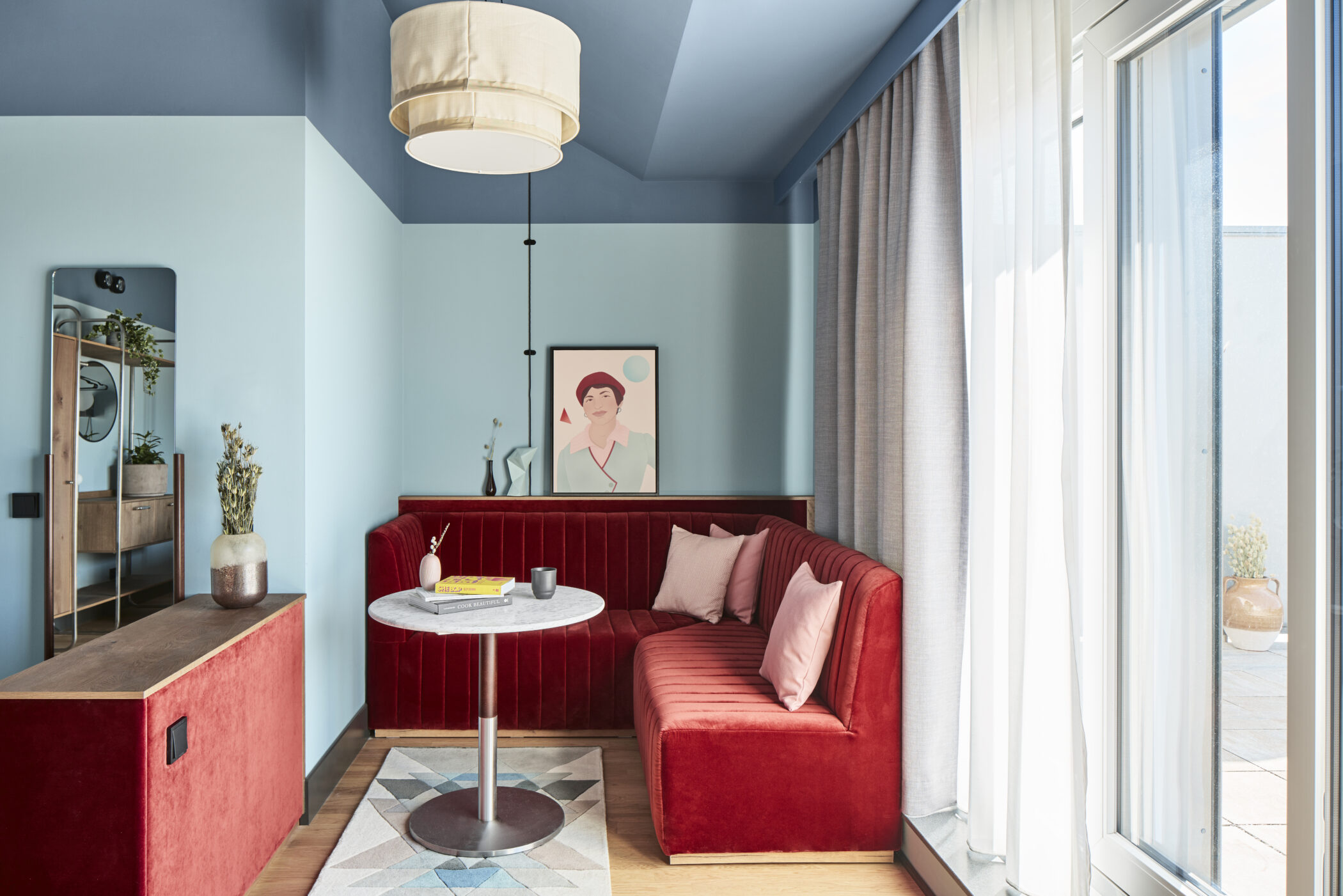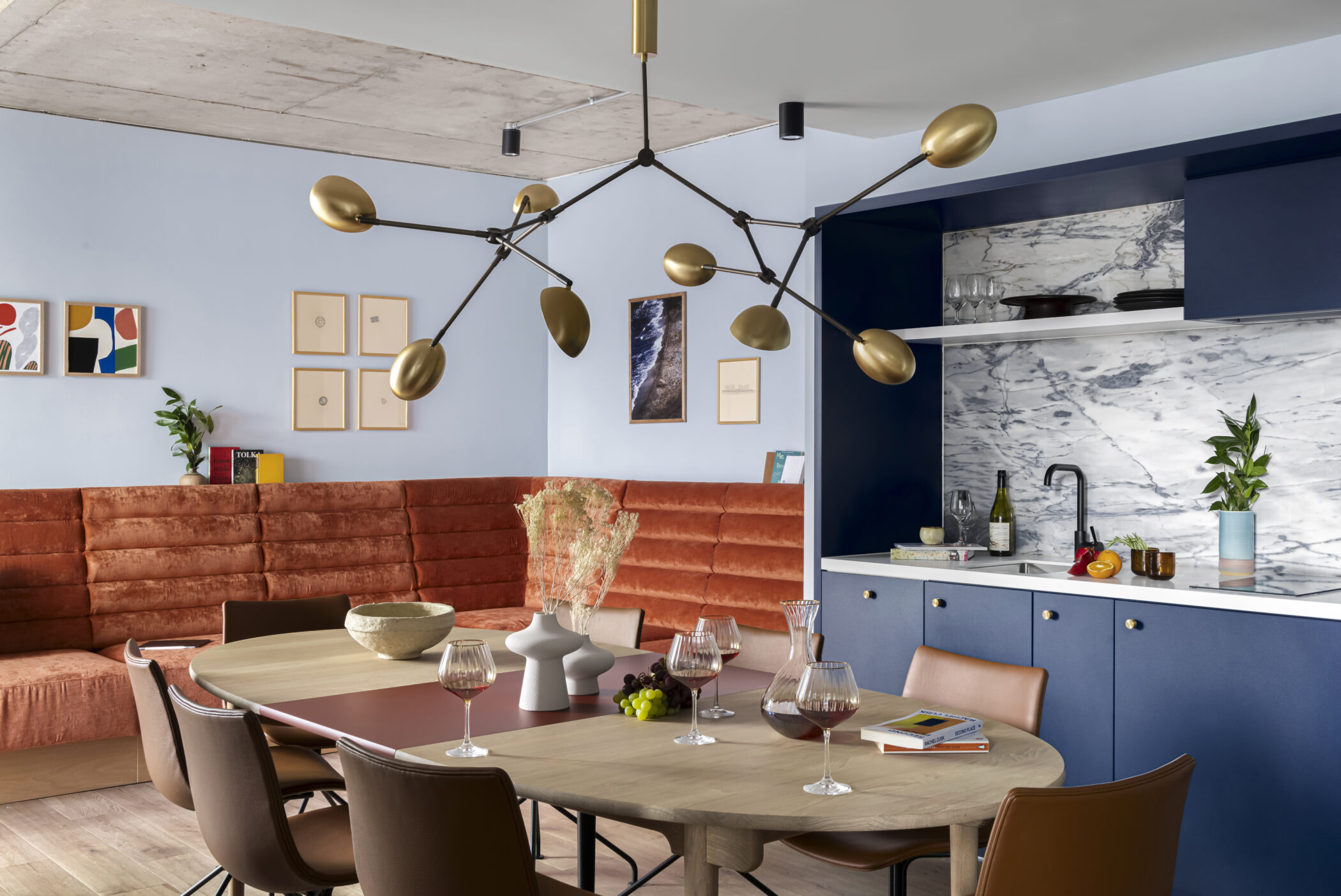Research shows that Gen Z and Millennial travellers plan to take longer trips in the year ahead, as well as live in multiple cities. Rose Dykins reports
Research from extended-stay accommodation provider, Edyn, reveals what Gen Z and Millennials want from travel this year – and how the hospitality sector needs to evolve to remain relevant to their needs.
The findings show that for 2023, younger generations of travellers are taking more trips, booking longer stays, spending more per night, and looking for a larger number of functional features from their accommodation such as wellness facilities and coworking space.
Edyn commissioned the Centre for Economics and Business to create the report: “The Future of Travel Hospitality.” The methodology involved surveying 2,000 people from five European countries and incorporating open-source economic research on past, present and future trends shaping travel and hospitality.
The report reveals that Gen Z travellers expect to increase the length of their trips in the year ahead by 26 per cent, compared to 2019. This is the largest relative increase of any group surveyed.
In addition, Gen Z and Millennial consumers showed a greater preference for extra accommodation features compared with other generations of consumers.

For example, 51 per cent of Millennials and Gen Z consumers say remote working facilities are important to them when choosing accommodation, compared to just 15 per cent of older generations. Other features mentioned include wellness and fitness facilities, membership schemes, and extended-stay options. The report highlighted some notable differences in the travel ambitions of Gen Z and Millennial travellers compared to their older counterparts including:
The report highlighted some notable differences in the travel ambitions of Gen Z and Millennial travellers compared to their older counterparts including:
• 34 per cent of Gen Z and Millennials say they plan to take longer trips than they did before the pandemic, compared to 15 per cent of older generations.
• 56 per cent of Gen Z and 51 per cent of Millennials would like to live in multiple cities throughout the year, compared to 31 per cent of older generations.
• Millennials and Gen Z are willing to pay 17 per cent more for extended stay options, compared to a general average of 10 per cent.
Edyn’s extended-stay model caters to the growing demand for longer stays, incorporating functional features such as remote working facilities. The brand says it has an average length of stay per visitors of 4.2 nights – longer than the average hotel model of up to 2.5 nights. More than half of Edyn’s guests stay for longer than a week.
The brand will acquire three new properties in 2023, with three new Locke openings planned this year in Berlin, London (Kensington) and Zurich.
The group is also set to open new Locke locations in Lisbon, Paris and Copenhagen in 2024. Locke accommodation is design-led, with food and beverage offerings developed from local restaurant partnerships, and a calendar of events curated for both locals and guests. CEO of Edyn, Stephen McCall, says: “While many have speculated that the pandemic was a catalyst to the travel sector evolving, this report demonstrates that a profound, generational change in traveller behaviour and preference is now upon us.
CEO of Edyn, Stephen McCall, says: “While many have speculated that the pandemic was a catalyst to the travel sector evolving, this report demonstrates that a profound, generational change in traveller behaviour and preference is now upon us.
“While this is an exciting development, the industry at large will need to adapt, and quickly. At Edyn, we have evolved our extended stay legacy into a broader, hybrid offering which has kept pace with these changes in demand led by a community-based, lifestyle experience. The broader sector continues to move forward, despite undeniable recent challenges, to accommodate resilient demand for experiential travel.”
